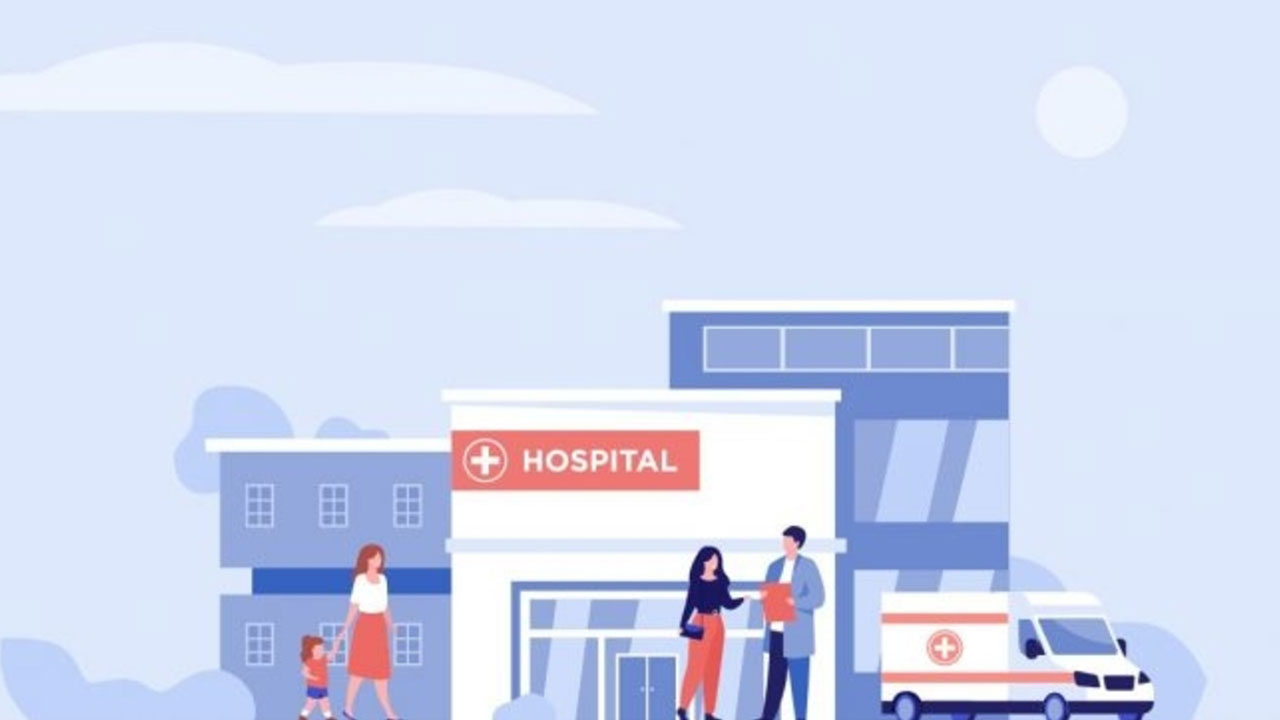Hospitals and Remote Patient Monitoring
With technological development, we can minimise the risk they face as well as facilitate services to off-location patients. The evolution of medical practices is a necessary step to impose on India’s healthcare services, in order to control the growing need. There are a few steps that can be taken to ensure fewer casualties in the country.
Restructuring the Healthcare System
Now, the most important question arises. How to facilitate this transition so healthcare professionals can treat patients faster and more efficiently?
Interoperability of Data
Patients can be monitored using telecommunication devices, mobile apps, wearable devices, etc. Artificial Intelligence programs can be designed to observe, examine, and evaluate patients’ health conditions to recommend suitable action.
Implementing Artificial Intelligence Programs and IoMT
The development of technology has eased many areas of life. It has expanded into every important sector that affects mankind. Now, with the development of Artificial Intelligence, people can perform previously unimaginable tasks – and that includes medical attention. Combined with the benefits of the Internet of Medical Things or IoT, the development of healthcare technologies is progressing quickly.
Artificial Intelligence is actively contributing to enhancing the medical field. Scientists and medical practitioners have incorporated the phenomenon to coherently work with Big Data and cloud computing. This enables prospective and existing patients to upload their medical history, vitals, and other important information. The AI program scans the data and finds any irregularities that need attention.
It benefits the patient and the hospital because
- If the anomaly is minor then the AI program can recommend a suitable action to improve the patient’s health.
- If it requires an in-depth diagnosis, then a medical practitioner can weigh in with expert advice.
- Only if the anomaly cannot be treated remotely will the patient have to visit a hospital for personal medical attention.
Remote Patient Monitoring
Giving personal feedback to improve health
Increases the effectiveness of medical practitioners and hospitals
It is cost-effective
It is a futuristic solution
Spreading Awareness and Educating the Masses about Self-care
This is an important step to improve the overall health and wellness in India. Covid-19 has proved that awareness and self-care are necessary measures to maintain a healthy life. In the aftermath of the mass casualties from the pandemic, people have begun to realise the importance of monitoring their health. This is encouraged with the use of smart devices that monitor heart rate, blood pressure, etc. More patients are actively turning to remote services for help and support.
It is also important to share medical advancements and information. The population of India, both urban and rural, must be well-informed about the latest developments in healthcare. They need to know what to do in case of an emergency, or how to approach a medical expert immediately when transportation is unavailable. These tips and news towards awareness can help patients and save millions of lives. The public also needs to be aware that their active participation in preventive care can help them in critical times. They must also know the convenience of RPM so they can avail services at all times.
Hospitals are adopting Remote Patient Monitoring techniques to enhance the overall health of the country. We need to understand and implement these amenities in our life to avail help whenever required.
The decisions taken by providers will be backed by more data points and trend analysis, rather than a single set of data as of now. This practice will enhance the prognosis of the patients for sure.
Remote Patient Monitoring will provide a base for future IPD admissions for the hospitals. From the spectrum of monitored patients, a fraction will take major procedures in the same hospital and contribute to the revenues.
Another advantage of RPM solutions is that it will allow hospitals to get the patient base from cities from adjacent states. The smart devices and monitoring solutions will magnify the reach and penetration of the hospitals.
MedTel: Innovating Solutions with Technology
MedTel’s tech-based approach in providing healthcare is rooted in connected care, RPM and interoperability of data. Our digital health platform is built on evidence-based algorithms that are device and EHR-agnostic. This ecosystem enables patients and doctors to connect in real-time to facilitate the delivery of customised healthcare solutions and real-time parameters monitoring.
